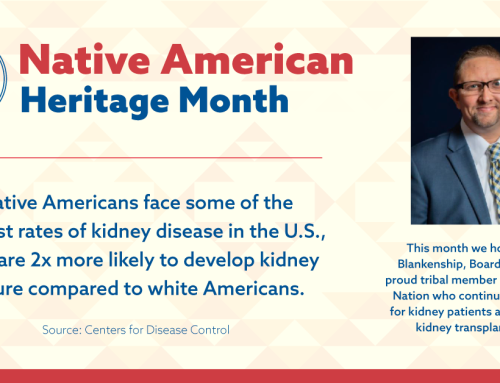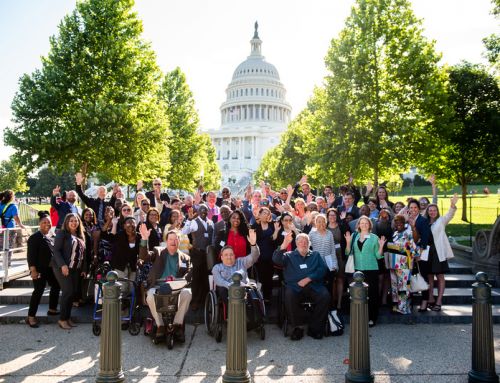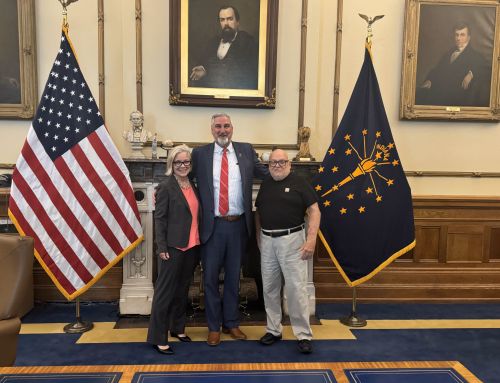California voters overwhelmingly opposed Proposition 23, a statewide measure that threatened dialysis patient access to care. It was the second ballot measure in California proposed by a labor union in the last two years and the second resounding defeat for the union, and this time by an even wider margin than in 2018.
DPC was part of a broad and diverse coalition that included other patient advocacy organizations, dialysis providers and caregivers, and groups representing physicians, nurses, veterans and social justice communities that opposed this harmful measure because it threatened patients’ access to care and would have increased overall health care costs without improving patient safety at dialysis clinics.
If passed, Prop 23 would have imposed stricter regulations on dialysis clinics that were unnecessary and duplicative. DPC’s biggest concern was with the on-site physician requirement, which would have drastically driven-up costs at each dialysis clinic throughout the state thereby reducing patient access to clinics that would have been forced to close or reduce hours. It was estimated that as many as half of the dialysis clinics in California would have become financially unviable and that rural dialysis clinics and those in disadvantaged communities would have been the most impacted.
Reduced patient access to dialysis care would have also led to more emergency room visits and hospital admissions, further driving up out-of-pocket health care costs for patients, as well as insurance premiums for everyone. Nor was there evidence to suggest that requiring a physician on-site would enhance patient safety, particularly since the measure did not require that the physician have any experience treating kidney disease.
All of these reasons made it clear that Prop 23 would have endangered tens of thousands of vulnerable patients in California who rely on routine dialysis treatment in order to survive. DPC deeply appreciates California voters for recognizing this and protecting dialysis patients’ access to care.





























